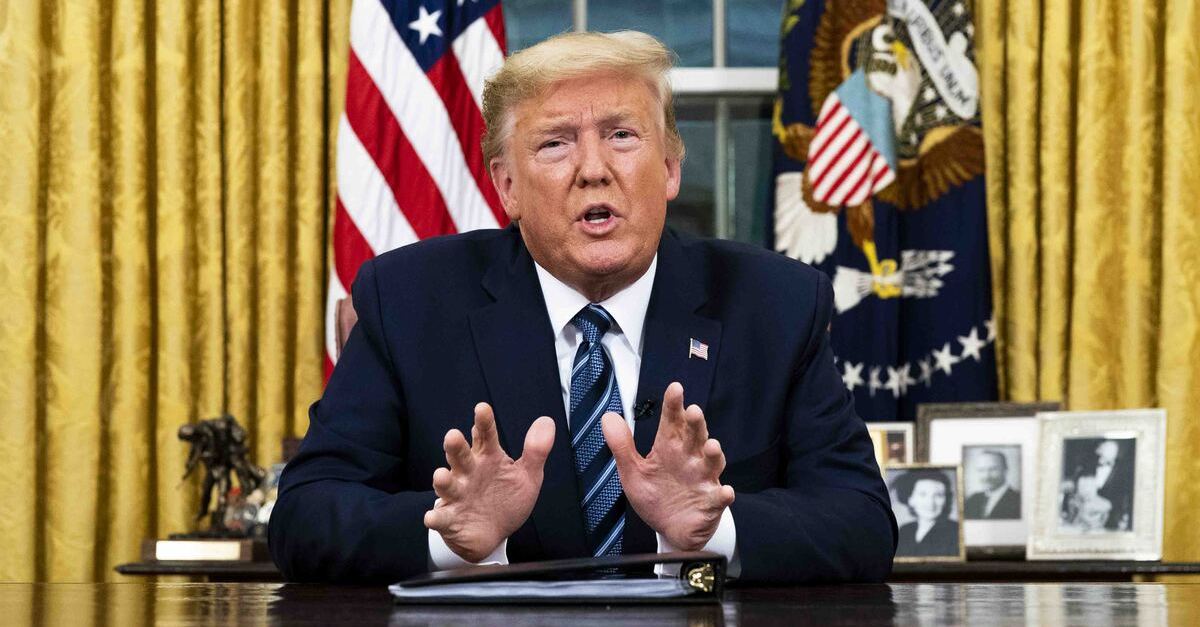
History does not bode well for President Donald Trump’s hopes of keeping his financial records confidential, law professor and legal historian Jed Shugerman wrote just before the U.S. Supreme Court heard oral arguments on Tuesday in a trio of tax return cases.
“Constitutional history is not on his side. The Founders embraced checks and balances, and they constructed a legal system to limit presidential power, especially on issues relating to presidential finances,” Shugerman wrote in a Washington Post op-ed Tuesday morning.
The cases center on whether Trump can block subpoenas for his tax returns that were issued to his personal accounting firm and banks (i.e., a third party) by House Democrats and Manhattan District Attorney Cy Vance.
With regards to the congressional subpoenas, Trump’s attorneys have asserted that it is not valid as it is not connected to Congress’s lawmaking duties and therefore serves no legitimate legislative purpose.
Trump made a much broader claim in response to the demand from Vance’s office, contending the president is “absolutely immune” from criminal investigations during his time in office.
Shugerman, who teaches constitutional history at Fordham Law School and has a PhD in American history from Yale, says the president’s arguments don’t find any support in the Constitution or from its framers.
“Article II states that ‘the executive power shall be vested in a president.’ However, this language does not establish exclusive executive power or immunity,” Shugerman wrote.
“In fact, the text of the Constitution suggests that the framers intended congressional oversight. One emoluments clause requires congressional consent for anyone ‘holding any office of profit or trust under [the United States]’ to accept a present or other benefit from a foreign leader or state. The other, specific to the president, prevents the chief executive from receiving ‘any other Emolument’ from the federal government or the states beyond his compensation.”
According to Shugerman, the Founders also had well-documented concerns about government officials being bribed, and intentionally put mechanisms in place to ensure that such corruption could be held in check.
“The Founders worried about presidents shielding their financial corruption and misusing the Treasury to hold on to power. A court faithful to their vision will rule against Trump’s extreme arguments,” the professor concluded.
[image via Doug Mills-Pool/Getty Images]